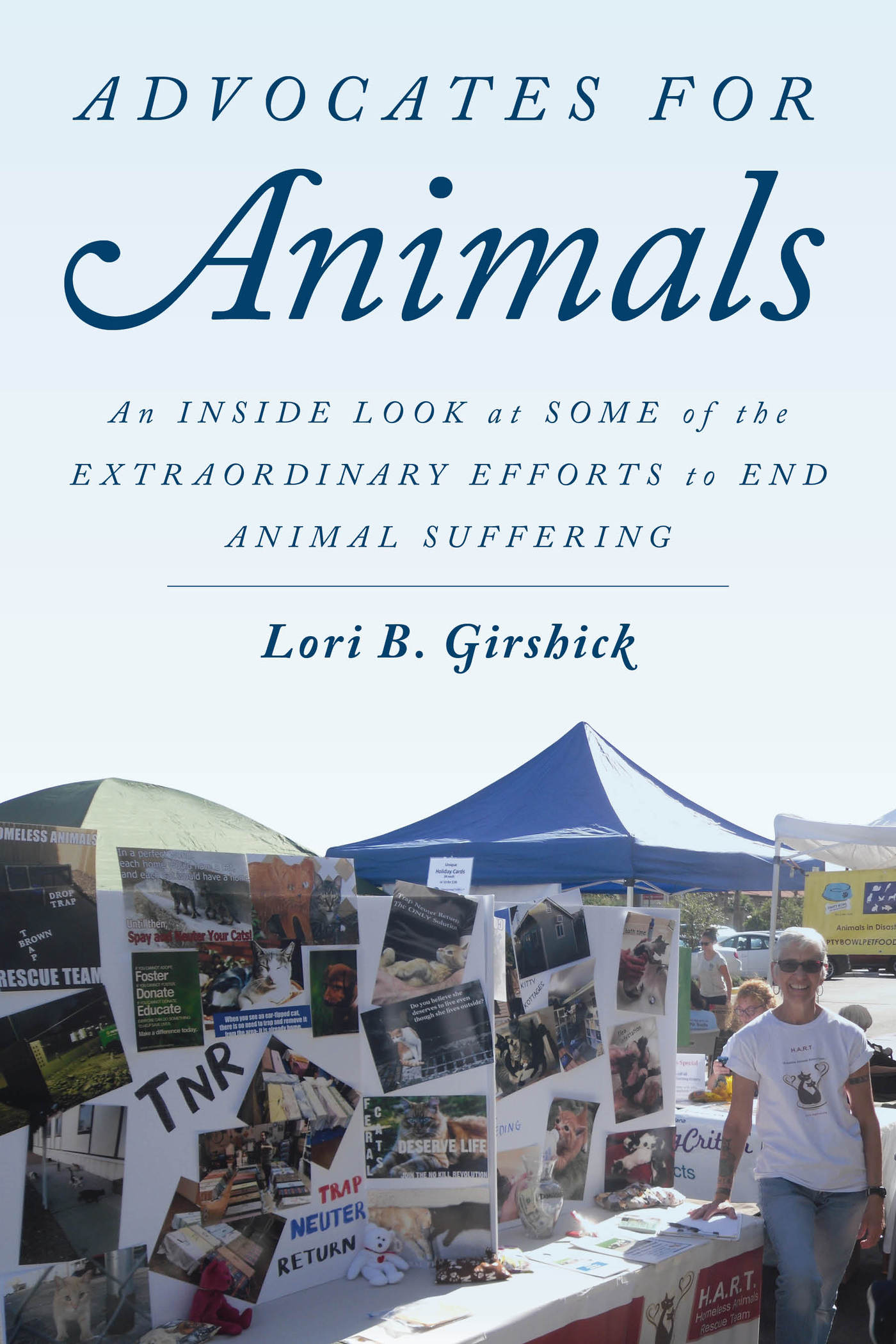Advocates for Animals
Advocates for Animals
An Inside Look at Some of the
Extraordinary Efforts to End
Animal Suffering
Lori B. Girshick
Foreword by Gene Baur
ROWMAN & LITTLEFIELD
Lanham Boulder New York London
Published by Rowman & Littlefield
A wholly owned subsidiary of The Rowman & Littlefield Publishing Group, Inc.
4501 Forbes Boulevard, Suite 200, Lanham, Maryland 20706
www.rowman.com
Unit A, Whitacre Mews, 26-34 Stannary Street, London SE11 4AB
Copyright 2017 by Rowman & Littlefield
Photo by Eric Brown, of the author engaged in educational outreach for Homeless Animal Rescue Team (HART).
All rights reserved. No part of this book may be reproduced in any form or by any electronic or mechanical means, including information storage and retrieval systems, without written permission from the publisher, except by a reviewer who may quote passages in a review.
British Library Cataloguing in Publication Information Available
Library of Congress Cataloging-in-Publication Data
Names: Girshick, Lori B., author.
Title: Advocates for animals : an inside look at the extraordinary efforts to end animal suffering / Lori B. Girshick.
Lanham : Rowman & Littlefield, [2017] | Includes bibliographical references and index.
Identifiers: LCCN 2017002784 (print) | LCCN 2017021194 (ebook) | ISBN 9781442253209 (electronic) | ISBN 9781442253193 (cloth : alk. paper)
Subjects: LCSH: Animal welfareUnited States. | Animal rightsUnited States. | Animal rights activistsUnited States.
Classification: LCC HV4764 (ebook) | LCC HV4764 .G52 2017 (print) | DDC 179/.30973dc23 LC record available at https://lccn.loc.gov/2017002784
 TM The paper used in this publication meets the minimum requirements of American National Standard for Information Sciences Permanence of Paper for Printed Library Materials, ANSI/NISO Z39.48-1992.
TM The paper used in this publication meets the minimum requirements of American National Standard for Information Sciences Permanence of Paper for Printed Library Materials, ANSI/NISO Z39.48-1992.
Printed in the United States of America
Foreword
Working in the cause of animal protection exposes you to the best and worst of humanity. You come face to face with cruelty and callousness when people torture animals and subject them to gratuitous sadism. You also witness heroic courage and generosity as people risk their own safety and give of themselves to help others. The way we treat animalsor people, for that matter, who are powerless to do anything to help ussays a lot about our character. As Mahatma Gandhi said, you can judge the moral progress of a nation by how its animals are treated.
I am deeply grateful for the many thousands of volunteers and activists who give their time, energy, and resources to make a positive difference for animals, and to make our world a kinder place. I hope you will be moved by the examples in this book, and that youll be inspired to become more active yourself. There is something everybody can do, both in their individual choices and by joining with others, to confront cruelty and promote compassion.
By recognizing the consequences of our actions and making thoughtful choices, we can each make a difference. Visit a sanctuary instead of a zoo; adopt an animal instead of buying one from a pet store or breeder; share literature and post information about animal issues online; use cruelty-free soaps and cosmetics; and choose to eat plants instead of animals. Small daily acts add up and can bring about big changes over time, so take heart from any positive thing you can do, no matter how small it may seem. It all matters.
Human beings are social animals, and we typically adopt the behaviors and habits of the people around us, which collectively, become cultural norms. It is not uncommon for cultures to normalize and defend attitudes and actions that are unjust or inhumane. When everybody is behaving the same way, we tend to assume that it is normal and appropriate, without thoughtful consideration. Throughout human history, and still today, cultural beliefs and norms have enabled prejudiced attitudes and discriminatory behaviors toward disenfranchised groups of people and animals. It is vitally important, and ultimately liberating, to reflect on systemic injustices and to pay attention to how our actions impact others.
When we treat others unjustly, there is a desire to look the other way, or to rationalize behavior when it conflicts with our humanity and requires that we ignore our empathy. Instead of thoughtfully questioning unfair societal norms, wherein our actions are misaligned with compassionate values and aspirations, it is common to deal with cognitive dissonance by distraction and rationalization. We may tell ourselves that our victims dont deserve better, or that our behavior fits into a natural order, or that its always been this way. But the fact that certain behaviors and institutions have existed for thousands of years doesnt mean they should continue. If that were the case, slavery would still be legal and women would not be allowed to vote. Today, a growing number of people are beginning to examine and reevaluate our relationships with other animals.
I grew up eating meat, like my parents and everybody around me, without really thinking about it, and I assumed this was normal and healthy. But as I learned about factory farming, and realized it was possible to live well without consuming animal products, I decided to go vegan. I also learned that in some countries people eat cats and dogs, while in other countries they dont eat cows or pigs, which shows that the distinctions between the animals we eat, and those we dont, are arbitrary. All animals want to live and enjoy life, and if we can live well without causing unnecessary harm, why wouldnt we?
In developed countries like the United States, millions of cats, dogs, and other companion animals live in our homes as cherished members of our families. In this sense, we are a nation of animal lovers, and as I write this a Chihuahua named Pepe is sitting on my lap. But, at the same time, we exploit and slaughter billions of chickens, pigs, cows, and other animals for food. They comprise over 95 percent of the domesticated animals in the United States, yet their suffering is hidden from public view, and agribusiness wants to keep it that way. Millions of other animals suffer in laboratory research and for entertainment, and the lives of countless wild animals are threatened by human activity.
The human population is growing and expanding across the globe, disrupting increasingly scarce natural ecosystems and making it impossible for other species to survive. Scientists estimate that Earth is now losing species at a rate of between one hundred and one thousand times faster than normal, and they posit a new geological epoch called the Anthropocene, which is characterized by human-caused global disturbances, including the loss of biodiversity and climate change.
It is often said that humans are rational animals, but its more accurate to say we are rationalizing animals. Over the course of human history, we have been adept at rationalizing and justifying inhumane and irresponsible behavior, but the consequences of this approach are greater now than ever. Our technological advances have fueled massive human population growth with unprecedented impacts on our planet. We are killing off other species and threatening our own.
It is no longer acceptable to look the other way or to rationalize cruel and irresponsible behavior. For too long, when the topic of factory farming has come up, for example, people have said, Dont tell me. I dont what to know. Its too upsetting, or they have asserted it is necessary to eat meat for adequate nutrition. But, when you look at empirical reality, these rationalizations fall apart. The good news is that we can learn, and we can evolve, and we can do better.
Next page
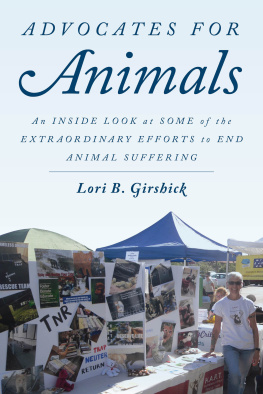

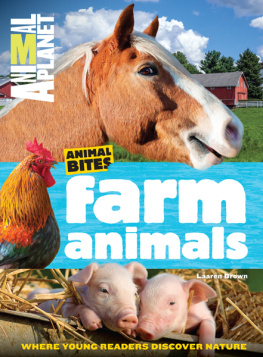

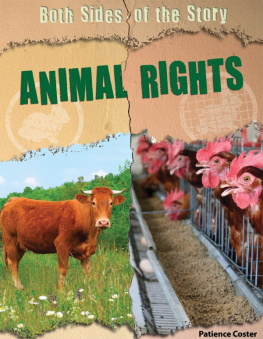
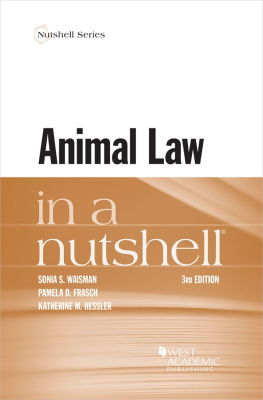
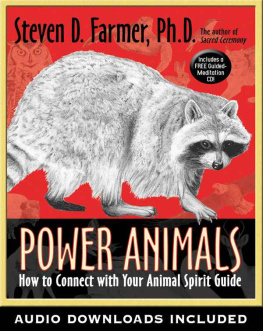

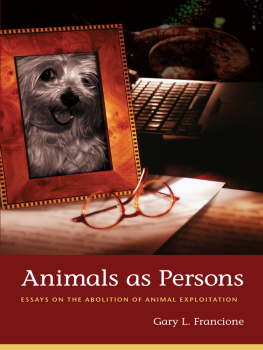
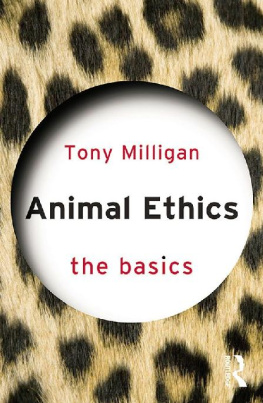
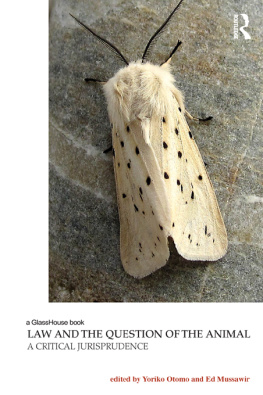
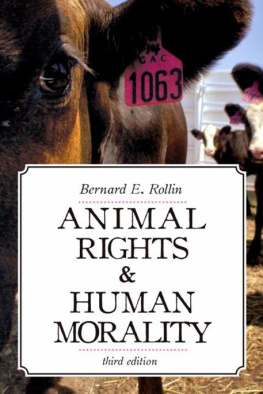
 TM The paper used in this publication meets the minimum requirements of American National Standard for Information Sciences Permanence of Paper for Printed Library Materials, ANSI/NISO Z39.48-1992.
TM The paper used in this publication meets the minimum requirements of American National Standard for Information Sciences Permanence of Paper for Printed Library Materials, ANSI/NISO Z39.48-1992.